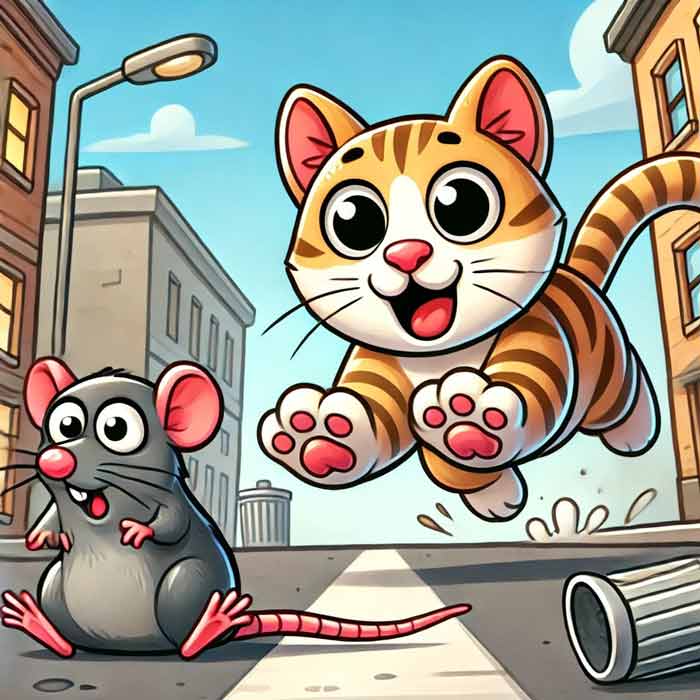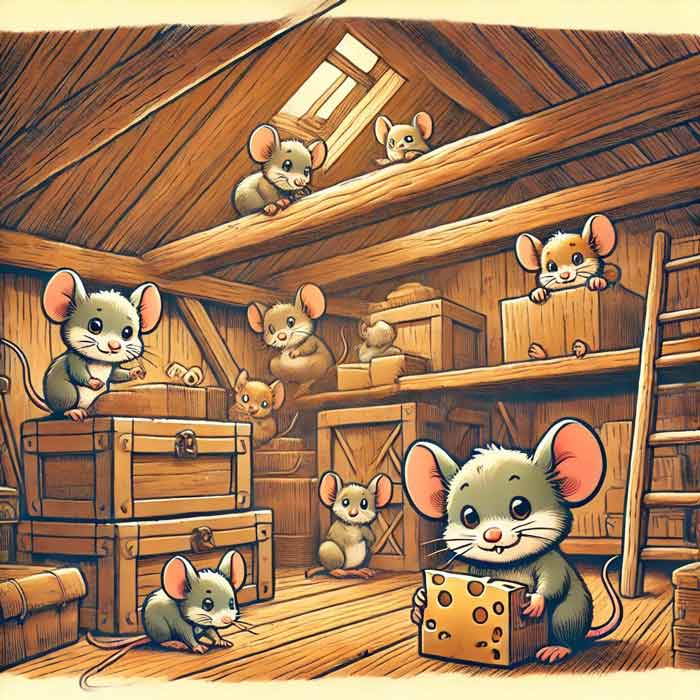Major Grammar
When you check for fragments, try not to think. Go by sound. If a group of words sounds like a sentence, then it’s usually a sentence. If it sounds funny, meaning awkward, then it’s probably a sentence fragment.
Sentence Busters

If a group of words begins with one of the following words, then it’s usually a fragment. That’s why these are called “sentence busters”: they usually turn sentences into fragments.
- After
- Although/Though
- Because/Since
- Before
- If
- In order to
- So that
- Unless
- Until
- When/Whenever
- Where/Whereas
- While
Grammar Task 1 – Tandem
Sit in a way that your partner cannot see you, such as back-to-back. Person A will read List A. Person B will write down whether it is a sentence (S) or a fragment (F).

List A
- If Fred can go.
- I will ask my mother.
- Turnips have an awful.
- Cats chase rats
- Sixty-six pencils, 22 pens, and enough paper so that each student has plenty.
- Because Sam is never right about carpentry.
- Winston always runs.
- Bananas that have not been peeled.
- She is always angry.
- The mice in the attic.

Now Person B will read List B. Person A will write down whether it is a sentence (S) or a fragment (F).

List B
11. A circus was in town yesterday.
12. Jessica yelled.
13. The color yellow is without a doubt.
14. Whenever Jackson was supposed to turn in a paper.
15. The third planet from the sun.
16. The desk with the broken leg.
17. Unless Roberta brings her permission slip on time tomorrow.
18. A cry flew up from behind the chicken coop.
19. Ask me tomorrow.
20. The baby gurgled.
Run-on Sentences
Run-on sentences are sentences that are run together. There are two types:
- Sentences run together without punctuation.
- Sentences run together with a comma.
Textbooks often give us several ways to fix run-ons. The easiest way, however, is to make two sentences. Good writing usually has short sentences. They are easier to read and understand.
Grammar Task 2 – Tandem
Determine if the following are run-on sentences. Fix them if they are.
